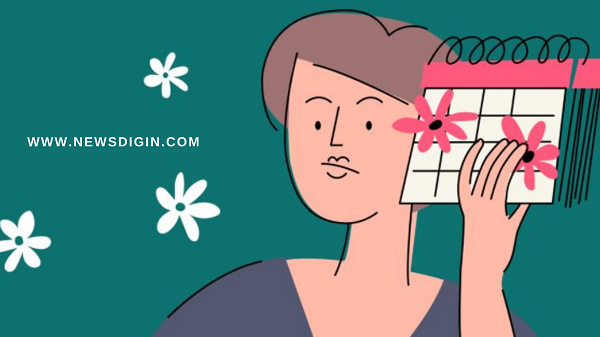
Periods Further Apart, Changing Periods In Your 20s, 30s, And 40s: Here’s what to expect decade by decade, from lighter cramps to heavier flow to more severe PMS mood swings. And when a change in your cycle might be a sign of something serious.
Periods Further Apart, Changing Periods In Your 20s, 30s, And 40s

During Your 20s
For those of you who struggled with unpredictable periods throughout their adolescence. There’s good news, your cycle is likely to become more regular now. That you’ve reached adulthood.
Going on birth control is another significant menstrual change that occurs in your 20s. Many women begin taking hormonal contraception in this decade.
Because they have a steady partner and are really busy with their careers to think about starting a family. There is a good chance that starting the pill will cause some adjustments.
With your normal routine, considering lighter and more regular periods, less cramping.As well as a decrease in the symptoms of premenstrual syndrome (PMS).
Your Thirties
Menstruation in the twenty-first century should be relatively predictable and consistent. Symptoms such as a sudden increase in flow or a sharp increase in the intensity of your cramps.
That could indicate a more serious problem. At the age of 30, fibroids, which can lead to heavier menstrual bleeding. That are more likely to be discovered.
A woman is more likely for having endometriosis. That is characterised by excruciating pain that can last the entire month. when she is in her 30s.
One more game-changer in your 30s? Getting married. Being a mother. Pregnancy, as we all know, is accompanied by an abrupt cessation of menstrual flow.
In Your Forties
The real fun begins now. Perimenopausal hormonal fluctuations begin in your 40s, which are a precursor to menopause. Before menopause (typically in your early 50s). Your body prepares for the end of menstruation by undergoing changes.
Ovulation can become more irregular as a result of normal hormonal shifts. As well as fluctuations in oestrogen levels can lead to irregular periods, heavier flow, spotting between cycles, and longer bouts of PMS.
Also Read: